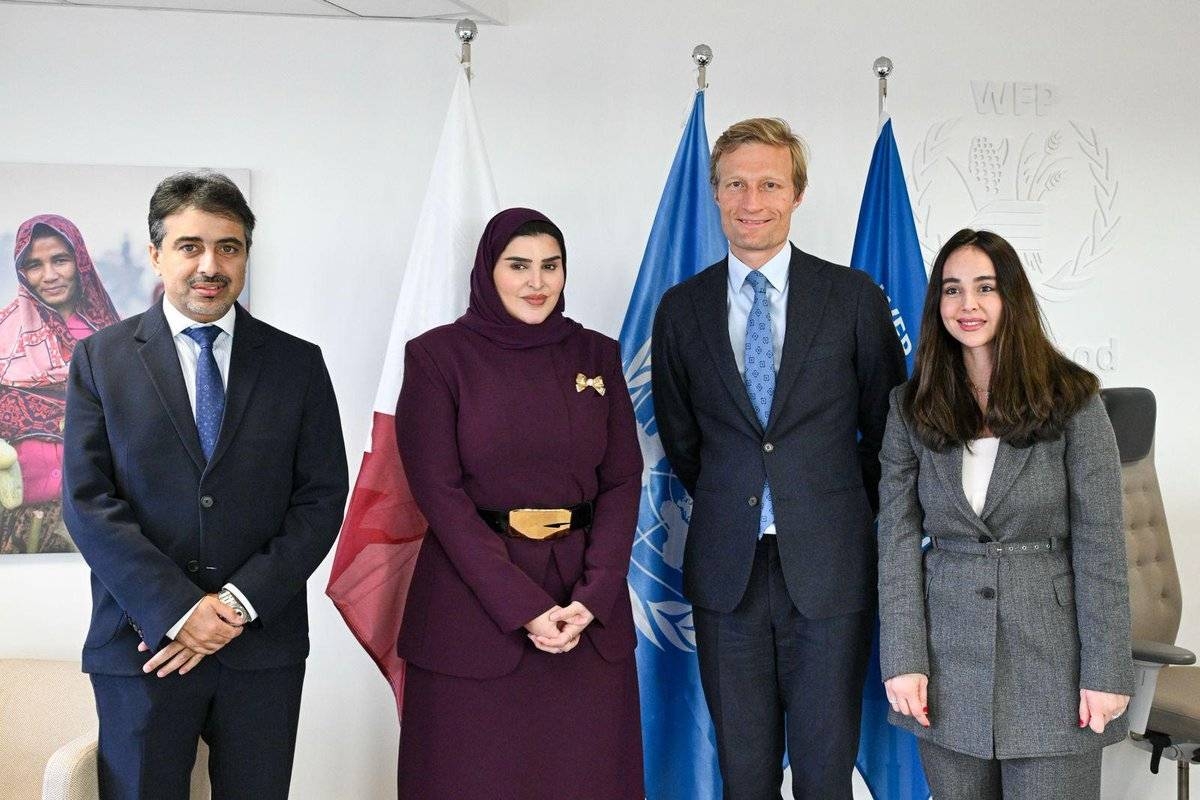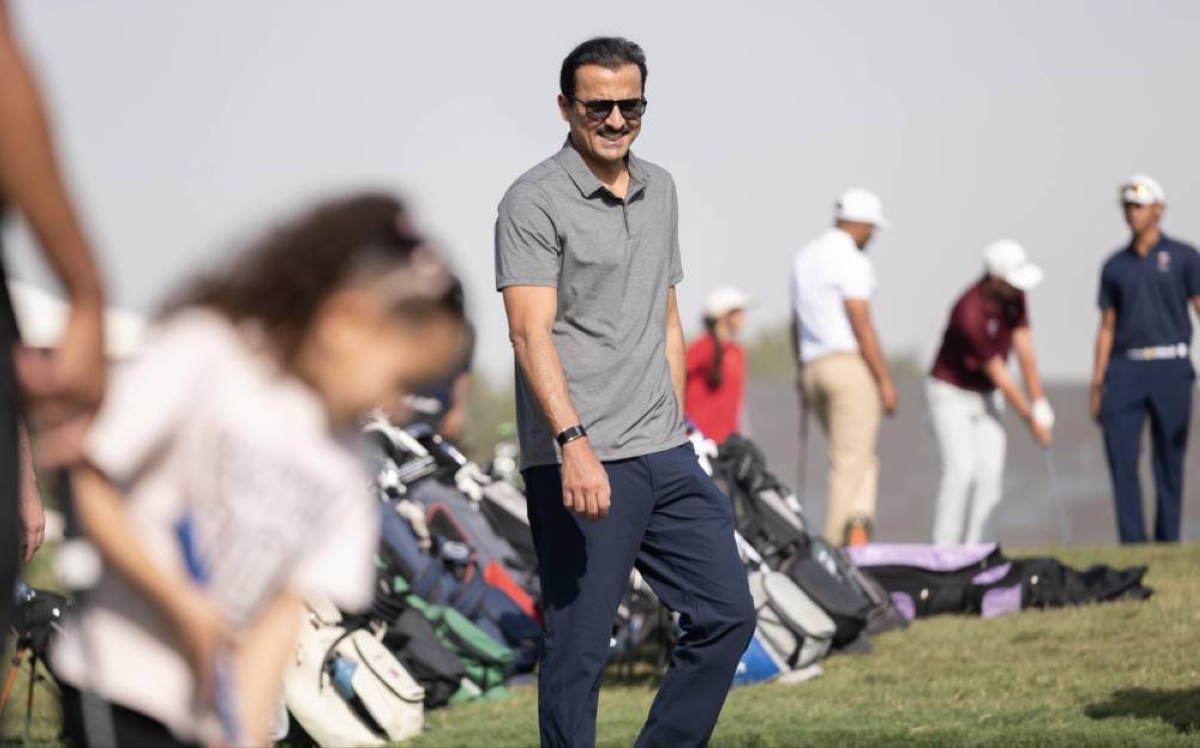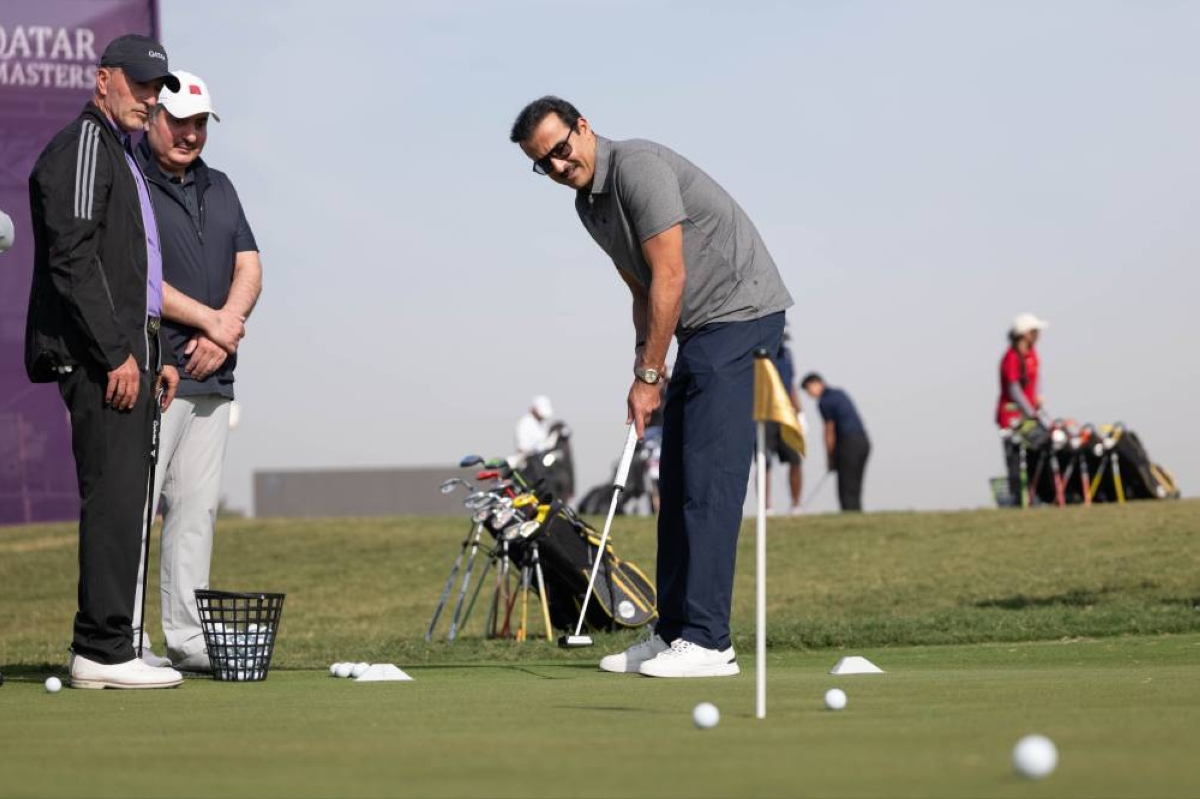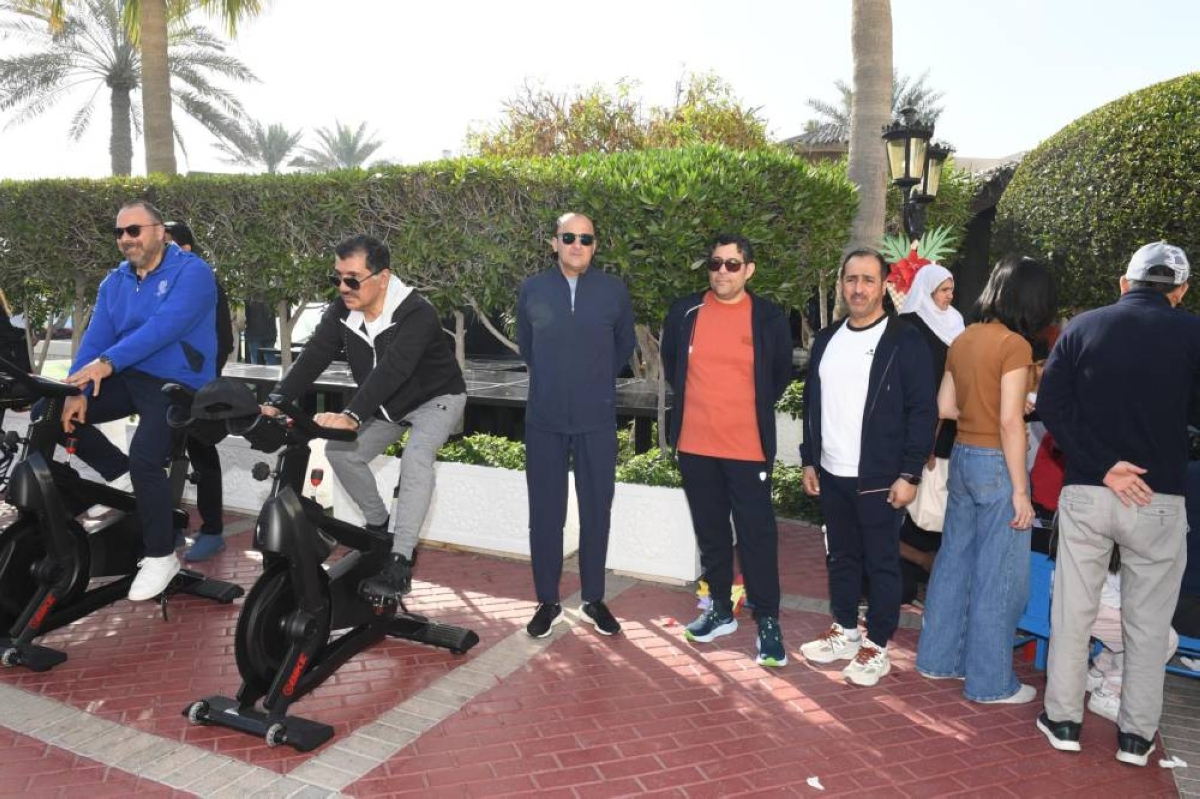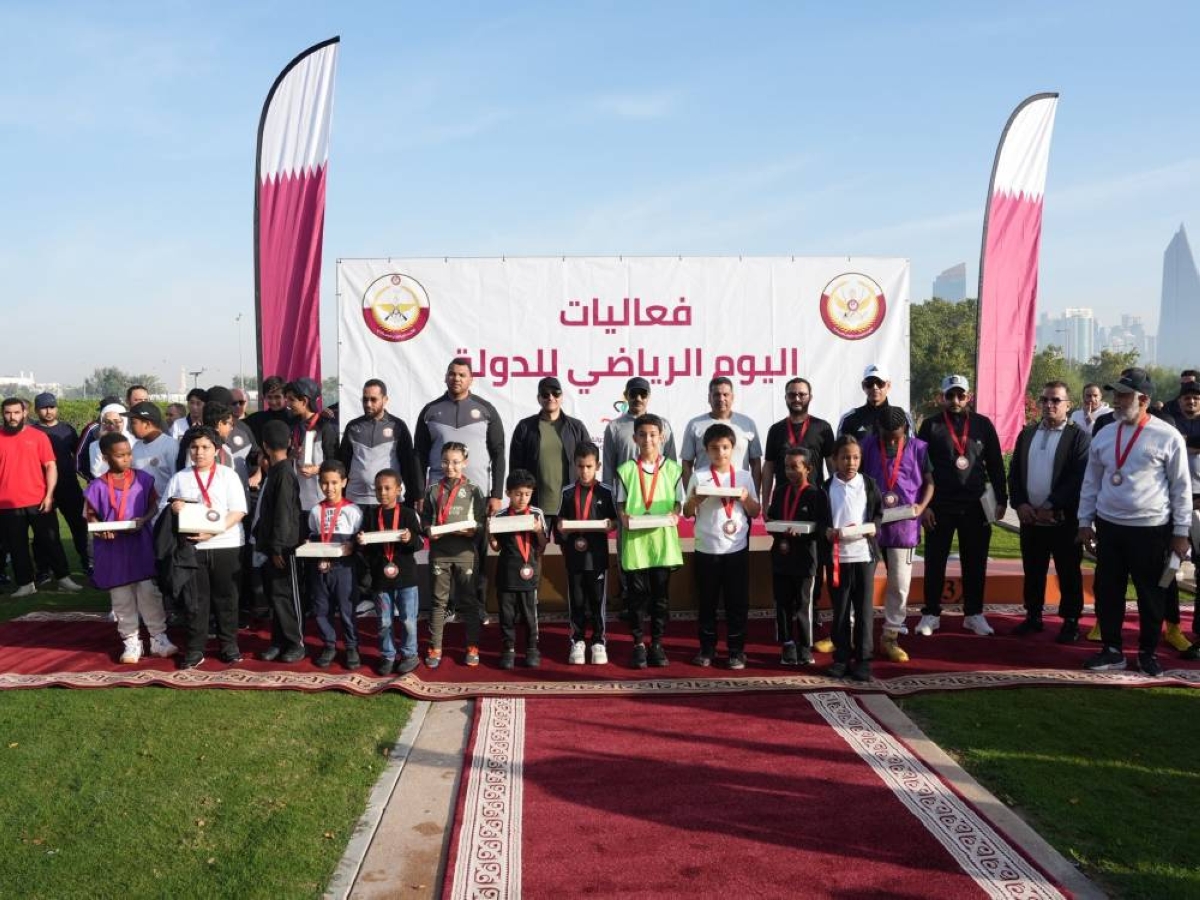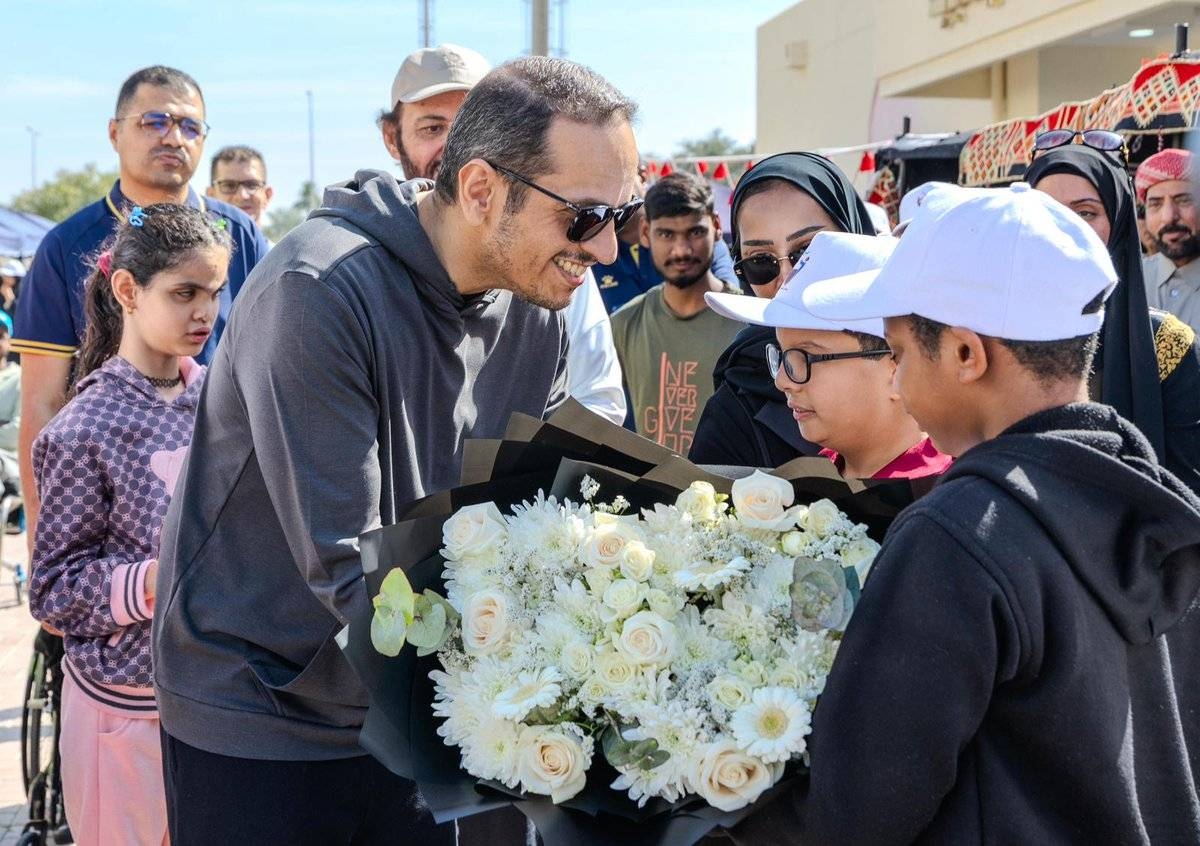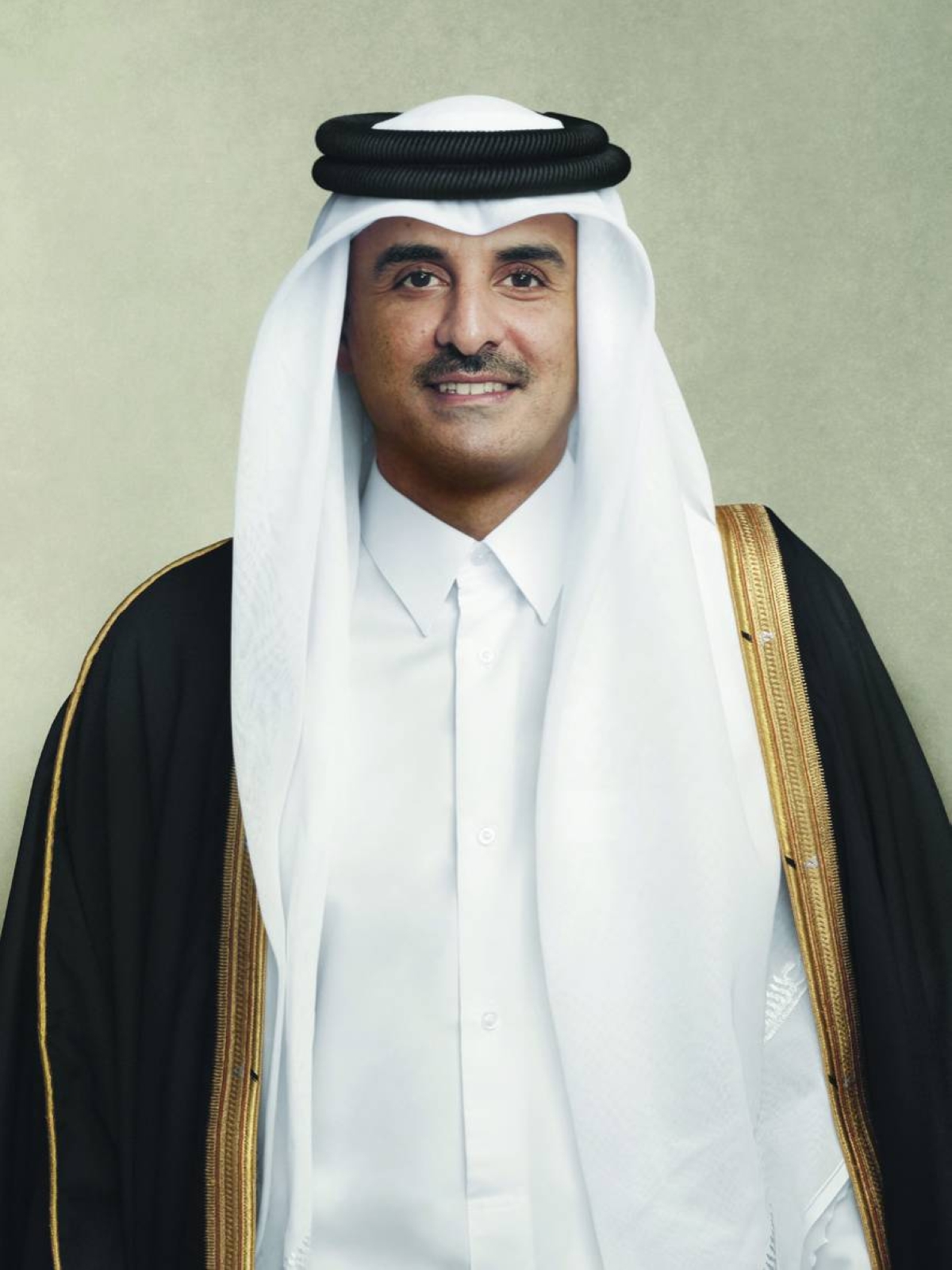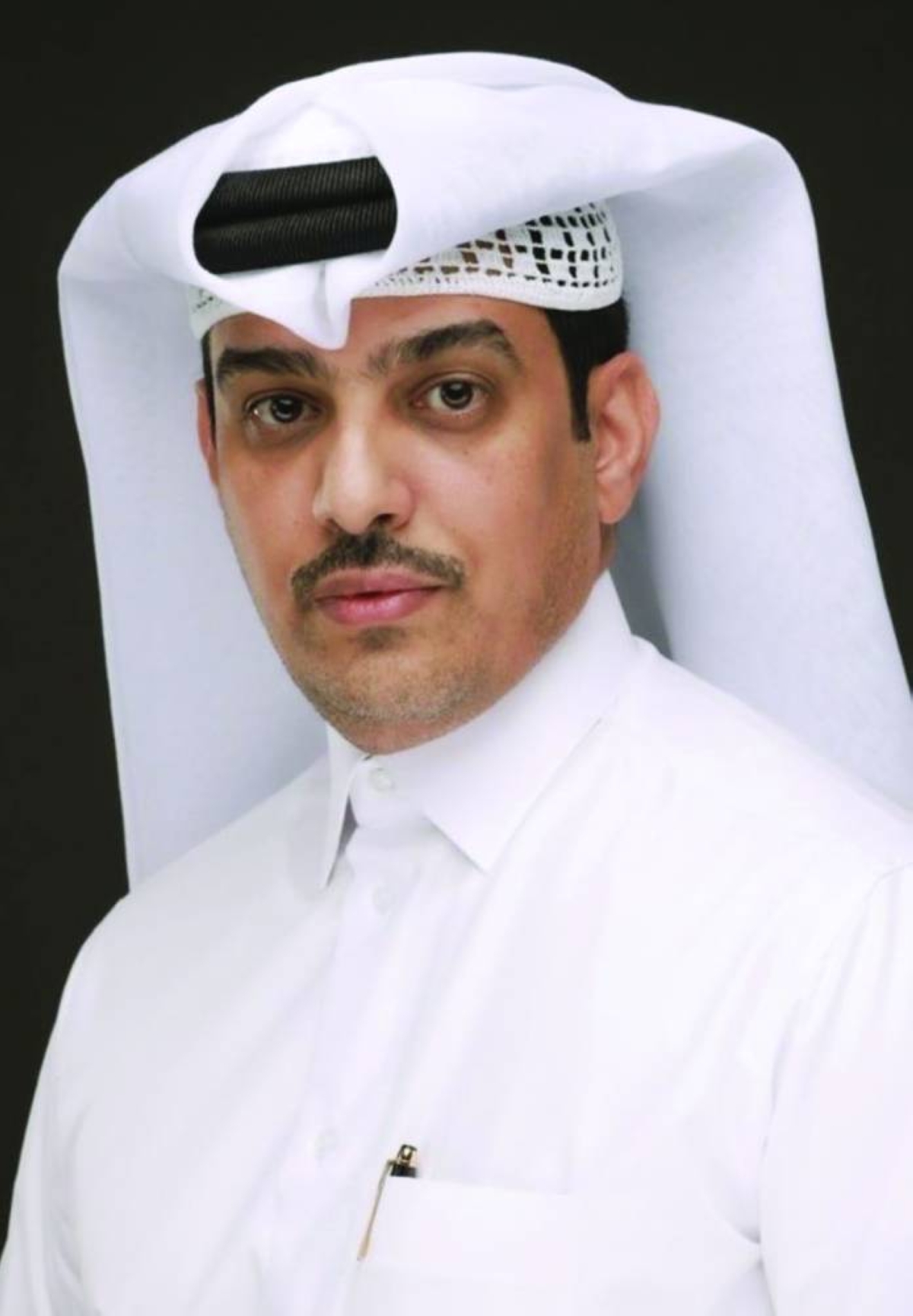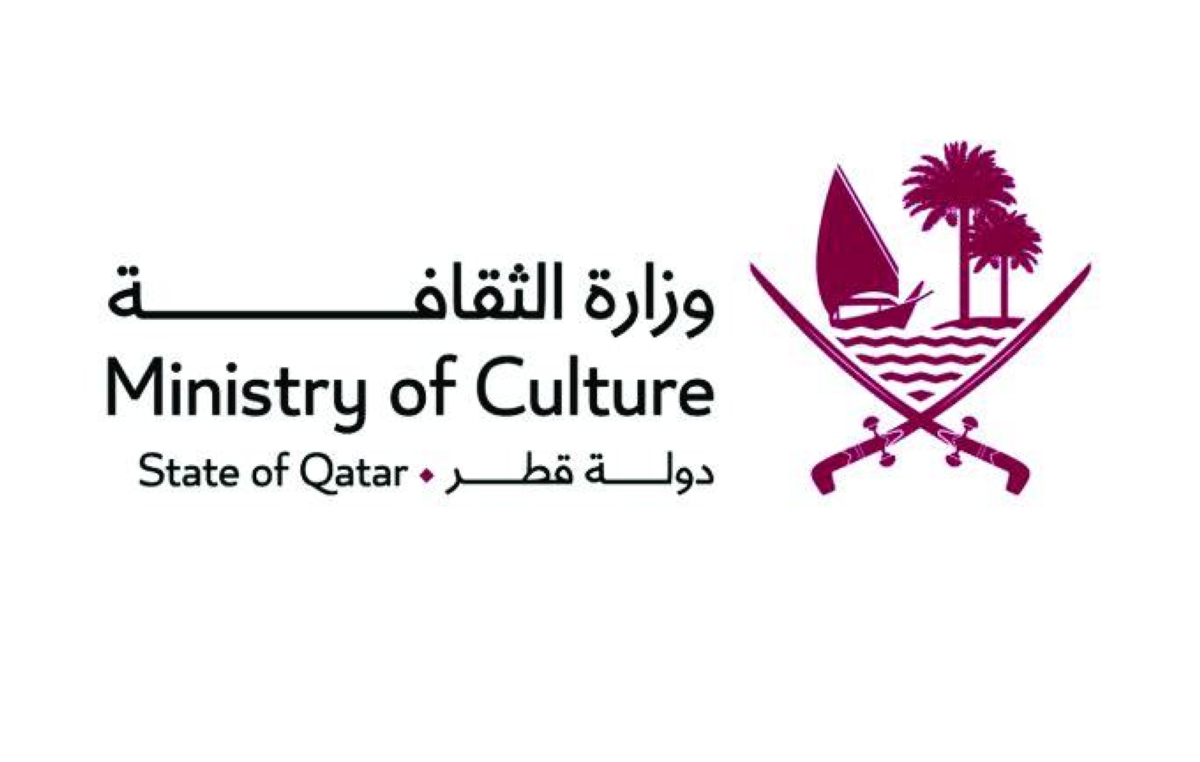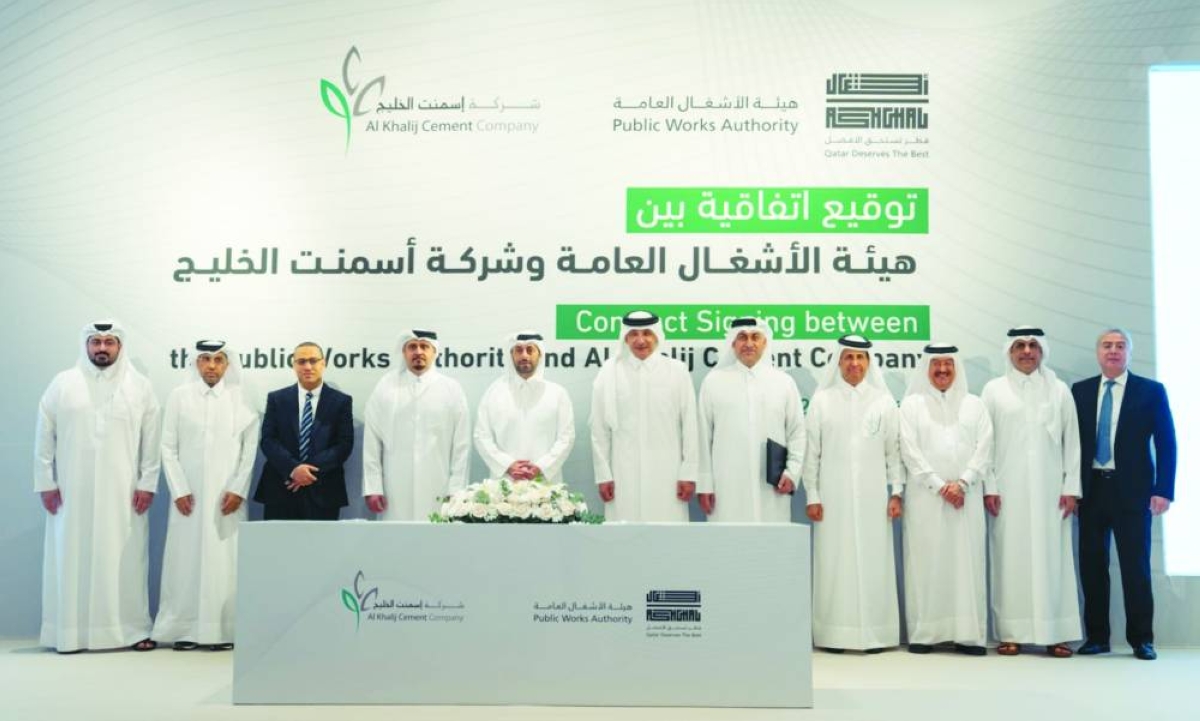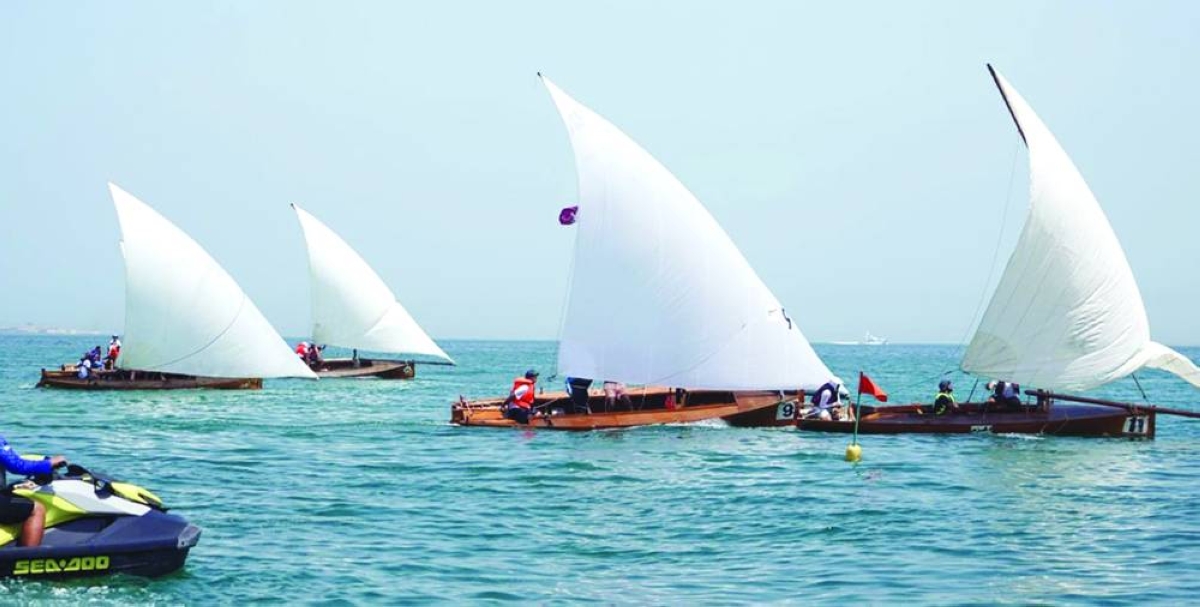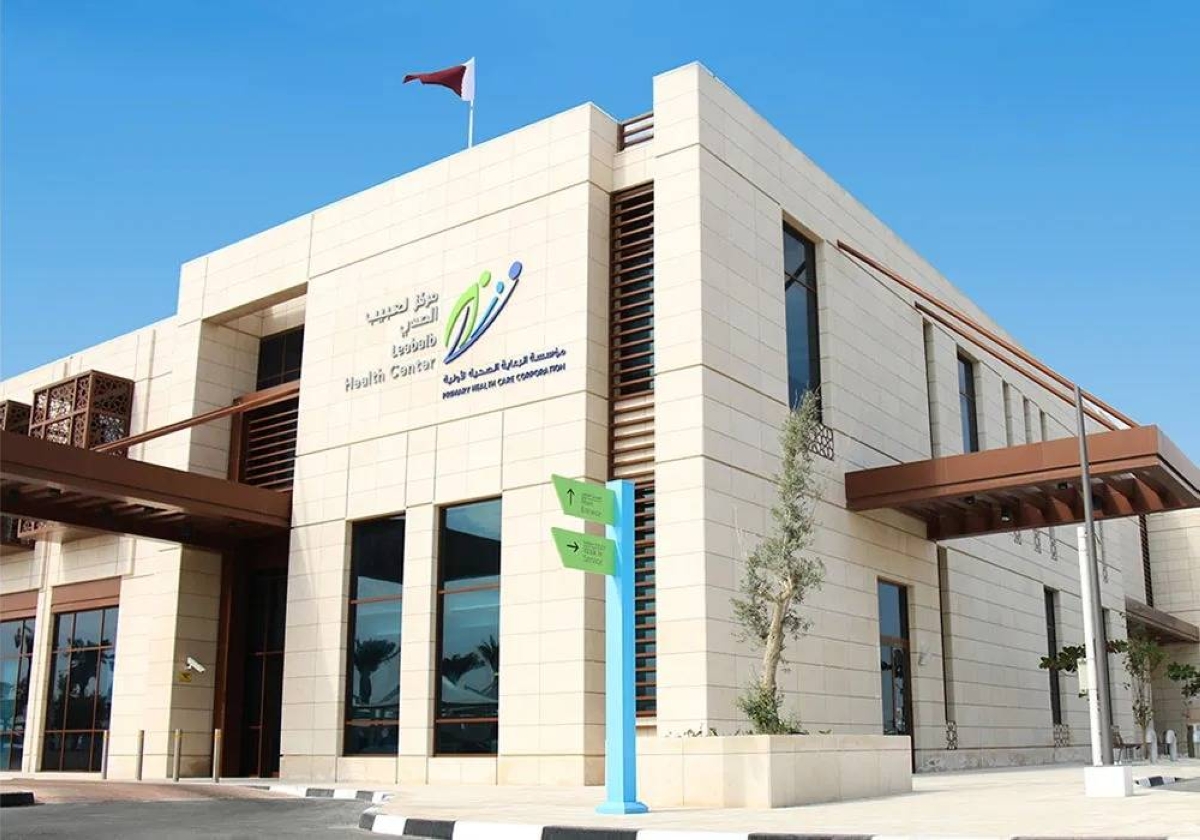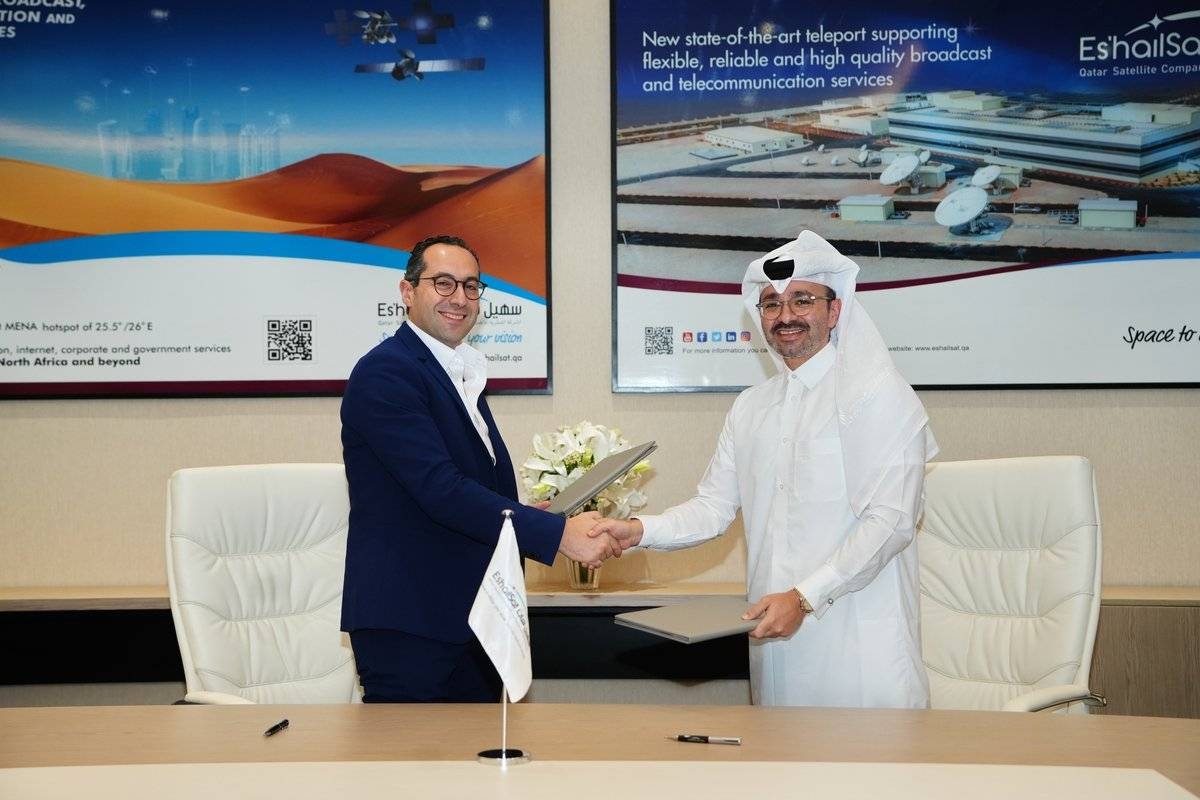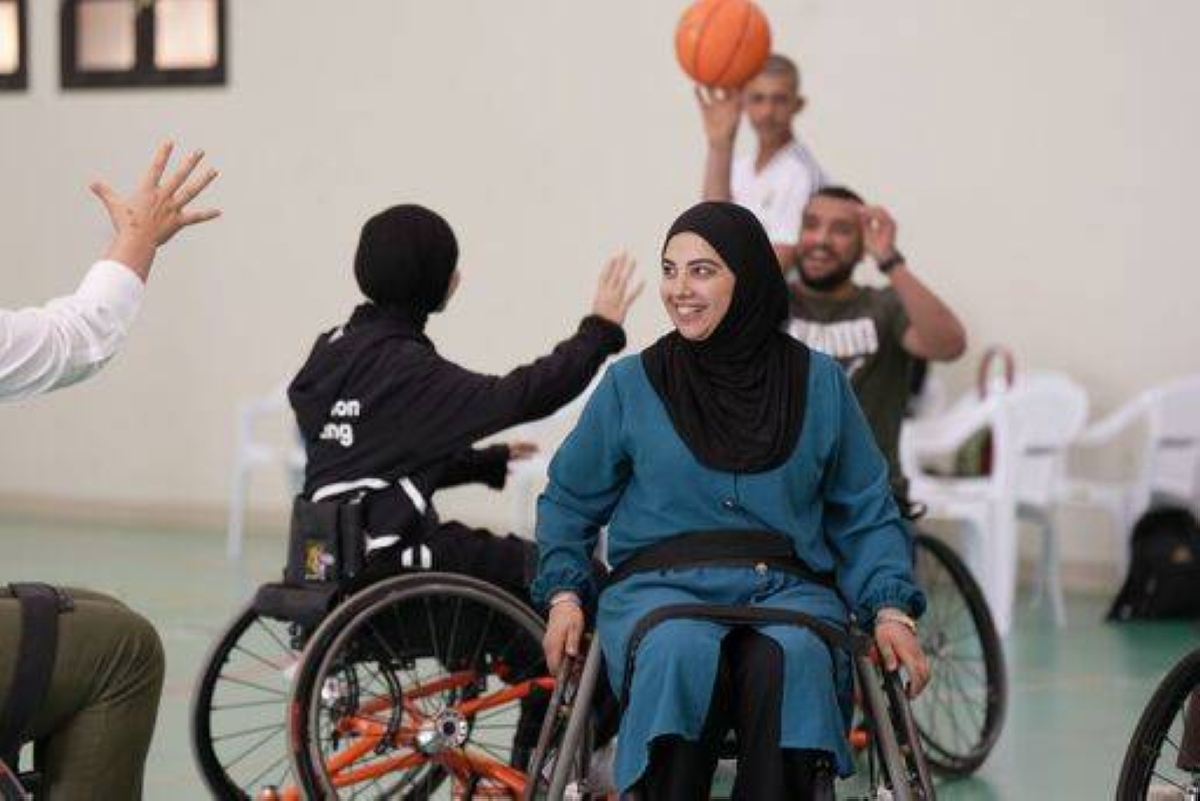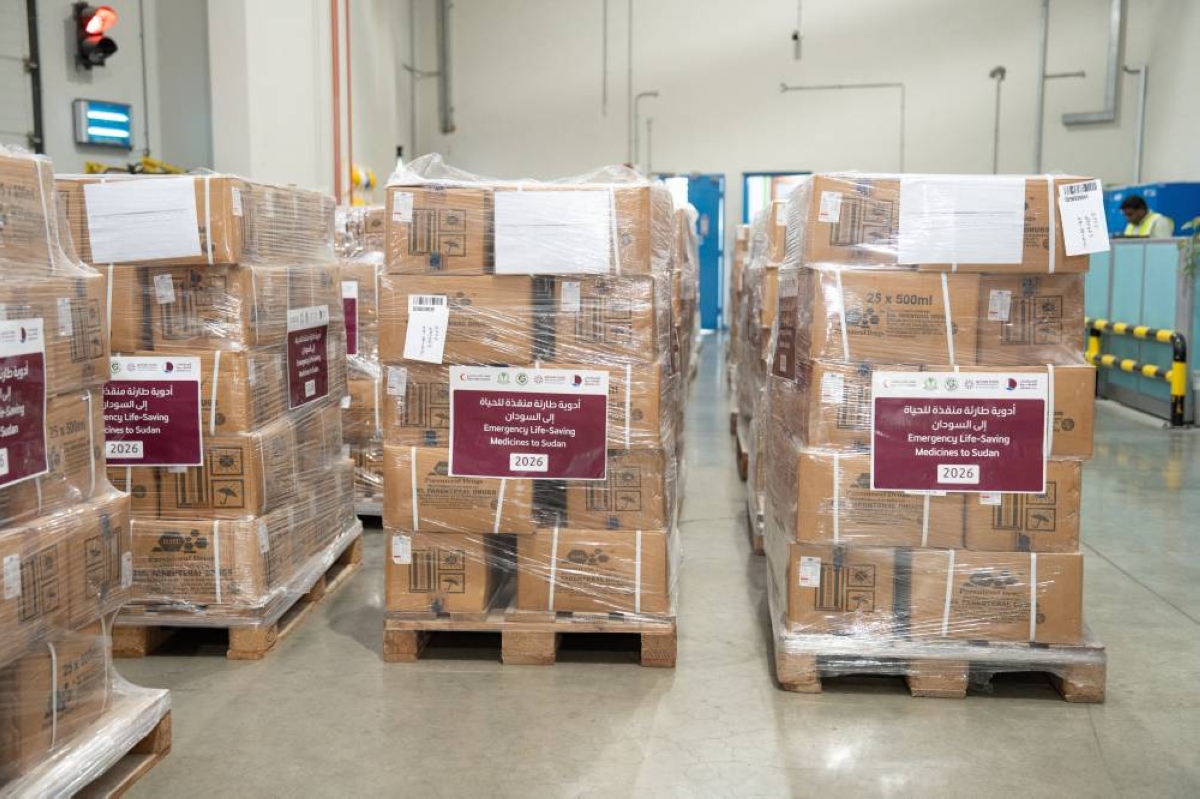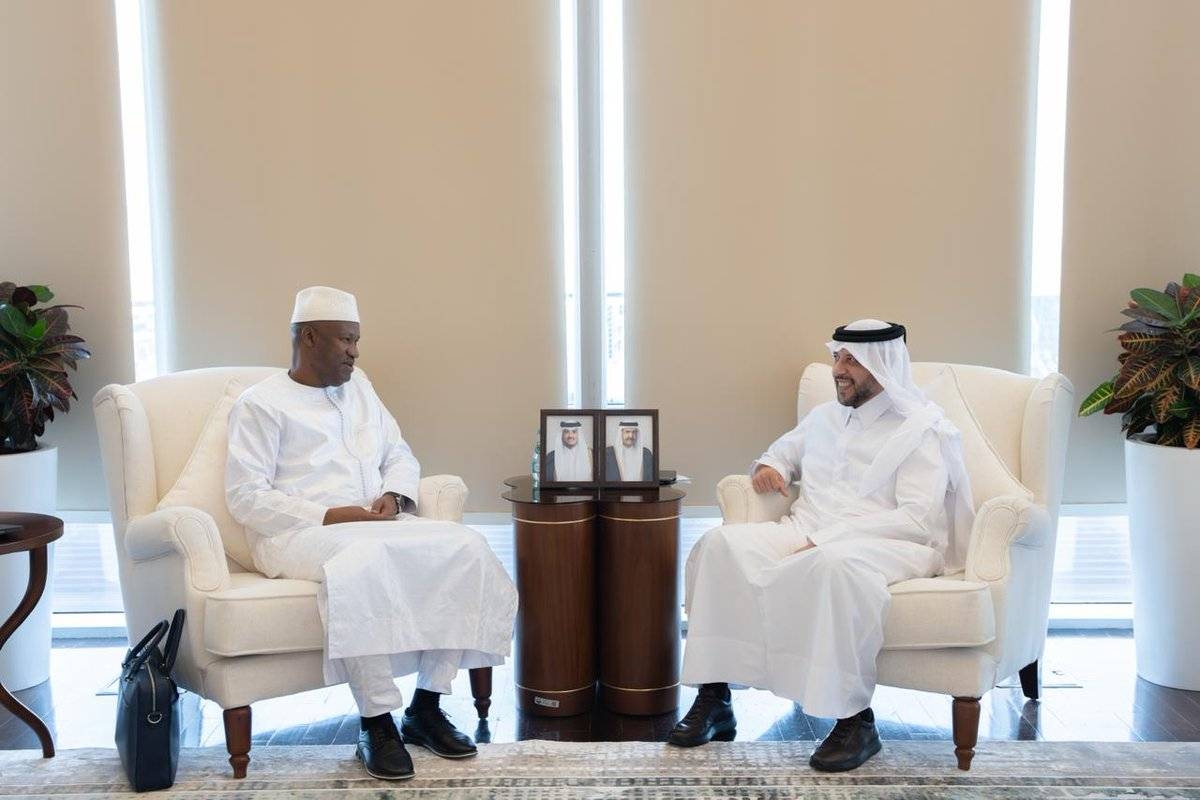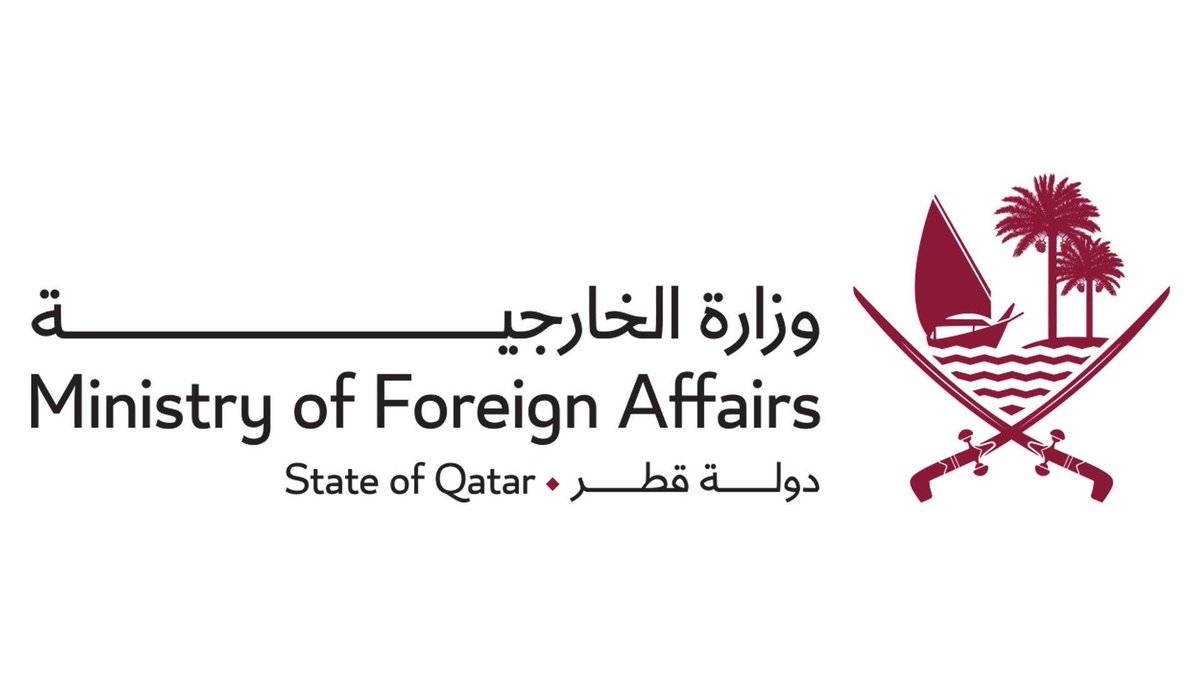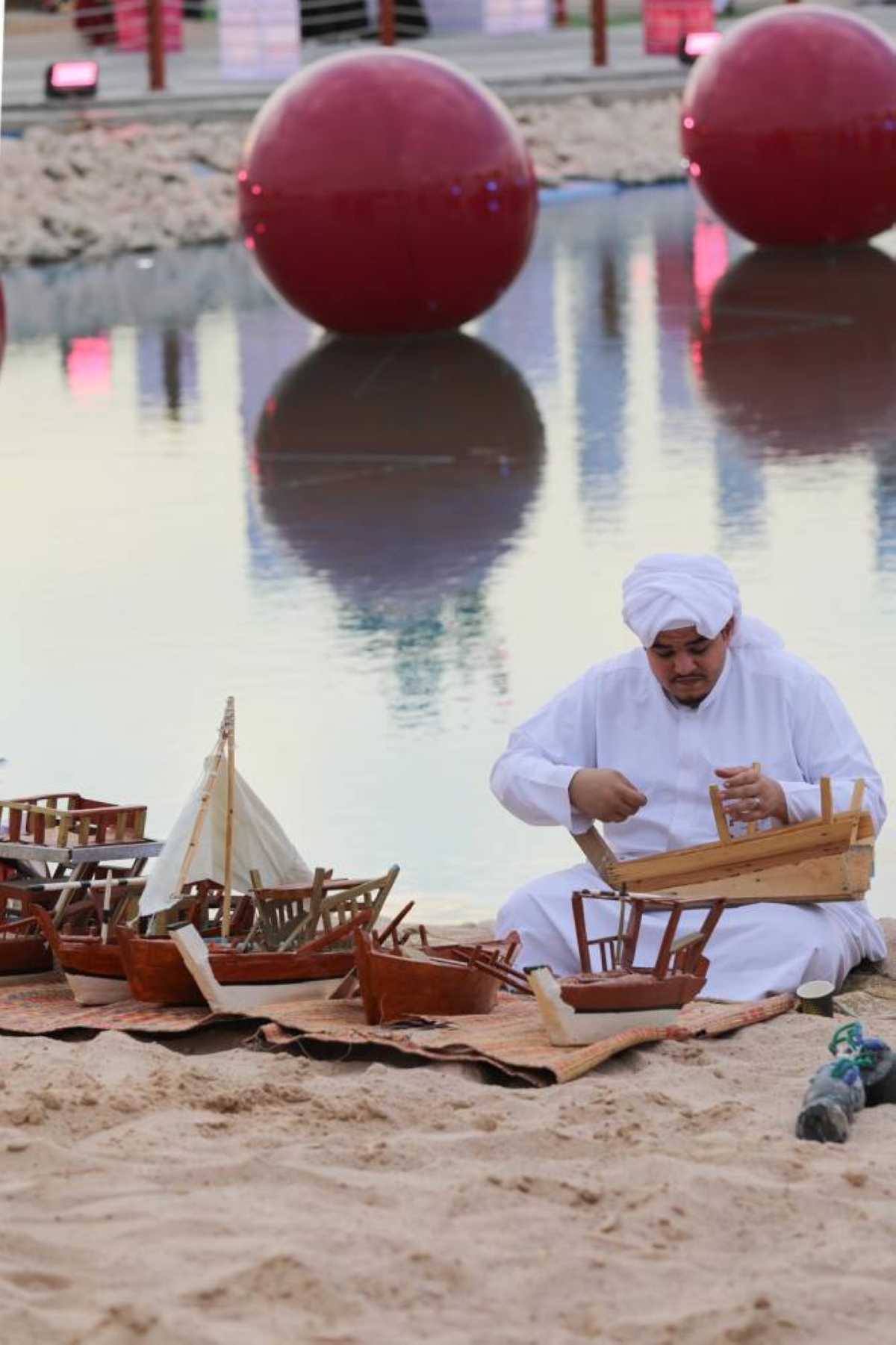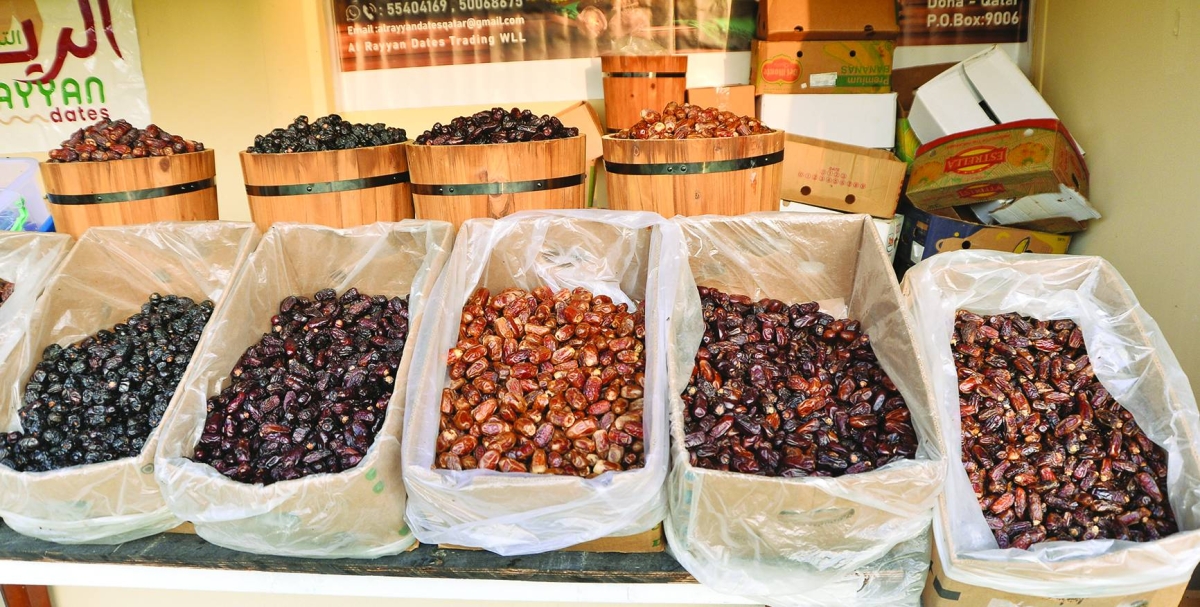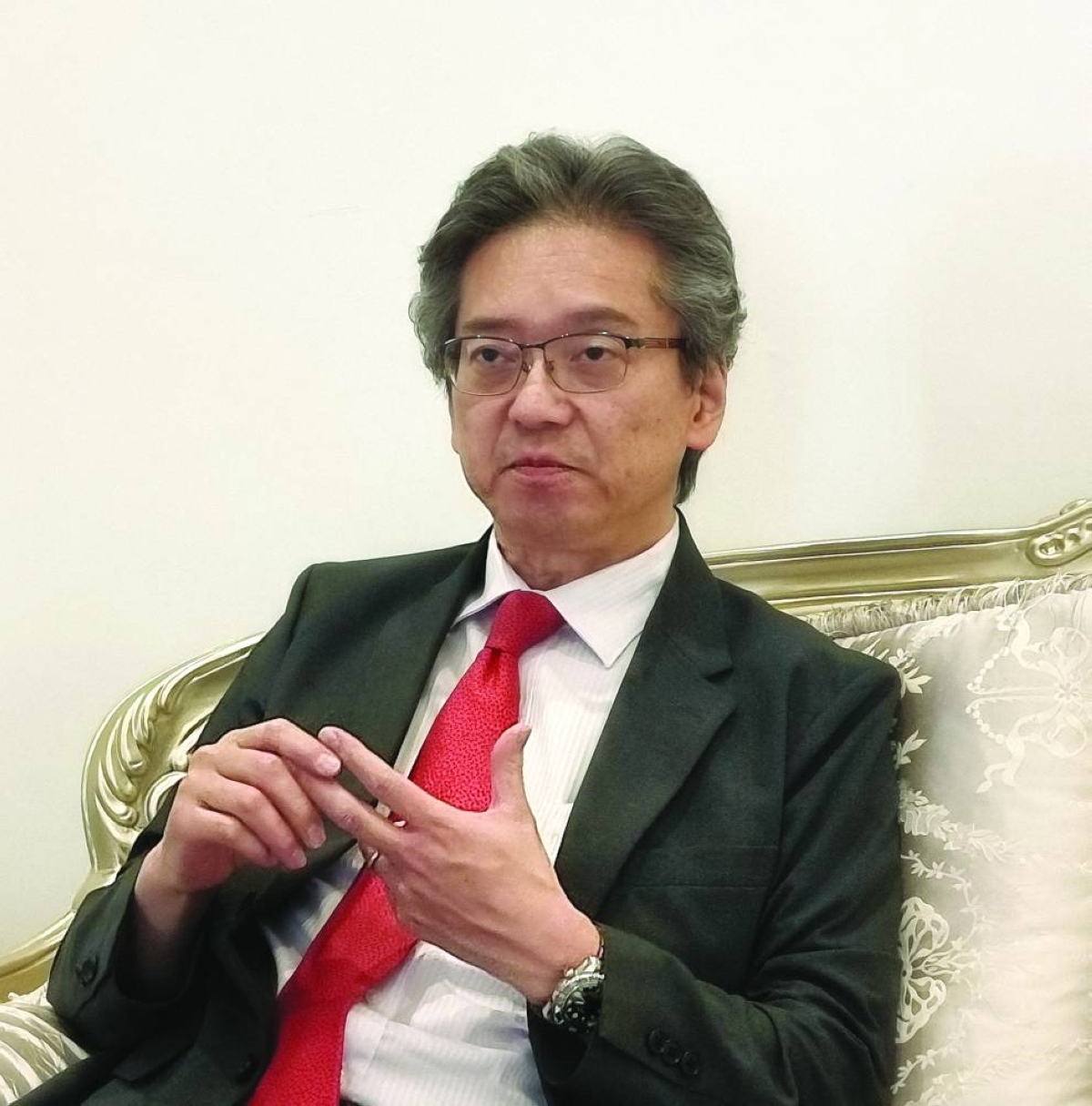Qatar has established its global position as a soft power and major cultural powerhouse that embraces all forms of art whilst upholding its rich heritage, traditions, and culture, and hosting prestigious international arts events and exhibitions.Over the past year, Qatar has poured considerable investment into culture, arts, and festivals, reflecting a deep commitment to preserving its heritage, nurturing creative talent, and fostering cultural exchange. Such prominent status has been achieved through strategic institutions, vibrant festivals, and innovative exhibitions.Over the past 20 years, Qatar Museums has developed world class museums such as the Museum of Islamic Art (MIA), Mathaf: Arab Museum of Modern Art, the National Museum of Qatar (NMoQ), and the 3-2-1 Qatar Olympic and Sports Museum, among other world class facilities that promote and celebrate various forms of artistic works for both local and international artists. Over the years, these high-end institutions have served as active platforms for dialogue and creativity, promoting mutual understanding amongst different cultures and peoples through their arts productions.Meanwhile, initiatives such as the Fire Station Artist in Residence, the Tasweer Qatar Photo Festival, and creative hubs such as M7 and Liwan Design Studios have been fostering emerging local talents and connecting local artists with international audiences, aiming to enhance the experiences of artists and help them expand their repertoire whilst exploring the wealth of international arts and culture they can easily access.In addition, Qatar has been hosting a considerable number of related local, regional and international festivals that promote arts, culture and heritage whilst engaging the public in an interactive manner. For instance, the 7th Qatar International Art Festival (QIAF), held in Katara Cultural Village, featured the participation of over 450 artists from more than 70 countries, showcasing more than 2,000 works ranging from traditional painting to contemporary installations and performance art. The festival, with its emphasis on sustainability and innovation, has established itself as an international hub of creativity and innovation.Locally, Darb Al Saai, an annual cultural festival organised by the Ministry of Culture, celebrates Qatar's heritage and identity through activities spanning traditional music, falconry, camel riding, craft workshops, and immersive demonstrations of Bedouin life. The festival is held in celebration of Qatar National Day and has become a landmark event eagerly awaited by residents and tourists alike. Further, specialised festivals celebrating pearling heritage, falconry, and dhow sailing have highlighted practices that have been recognised by UNESCO as intangible cultural heritage. Such events have made huge popular successes, attracting people from all backgrounds and nationalities. Besides, Qatar strongly encourages the various communities living in the country to celebrate their traditional culture and heritage, with many community events and festivals organised all year round at venues such as Katara, Souq Waqif, and other venues across the country.Meanwhile, Qatar has actively contributed to UNESCO's heritage listings, with joint registrations of traditional practices such as falconry, majlis (lounge) gatherings, Arabic coffee culture, and henna traditions in collaboration with other regional partners.Similarly, the country has maintained an active programme of launching the Years of Culture initiative, where an annual collaboration with partner countries is made to promote their cultures through exhibitions, performances, and educational programmes, which further achieves the vision of the country for world peace and mutual understanding amongst different peoples of the world through arts and culture.Doha International Book Fair, first launched in 1972, has become a global hub for publishers, authors and book enthusiasts, with considerable participation from a good number of Qatari authors and intellectuals. The fair features discussion forums, lectures and various interactive activities that promote creativity and free thinking.Qatar has also made key achievements in the field of cinema and the film industry, with the launch of Doha Film Institute (DFI) in 2010 marking a turning point in the development of film culture in the country. Accordingly, DFI has supported films from Qatar, the Arab world, and other countries through active funding programmes, training workshops, and international co-productions. Eventually, some DFI-supported films have been screened and awarded at major international festivals, including Cannes, Berlin, Venice, and Toronto.In addition, Ajyal Film Festival, launched in 2012, is designed to engage young audiences and combines film screenings with education, discussion, and cultural exchange. The festival features international and regional films, bringing filmmakers and audiences together in a participatory cultural experience that emphasises storytelling as a universal language. Other related initiatives include Qumra, an annual industry event organised by the Doha Film Institute, which connects emerging filmmakers with internationally acclaimed directors, producers, and mentors, fostering cross-border collaboration and professional development.Finally, the launch of Art Basel Qatar in Doha, bringing global curators, galleries, and collectors to the city, has added to the various achievements of the country in the field and further cemented its reputation as a global hub for culture and arts, embracing all voices whilst promoting mutual understanding and peaceful coexistence.

